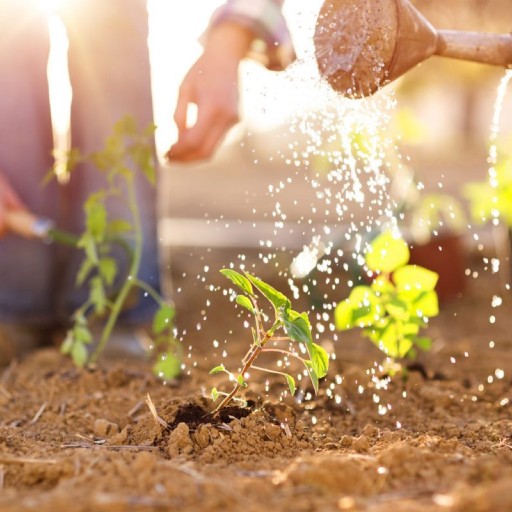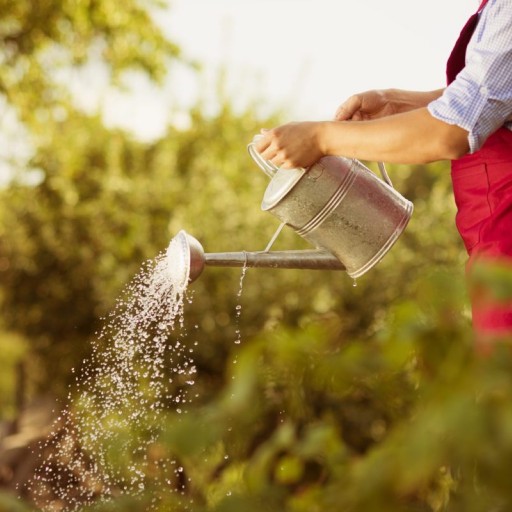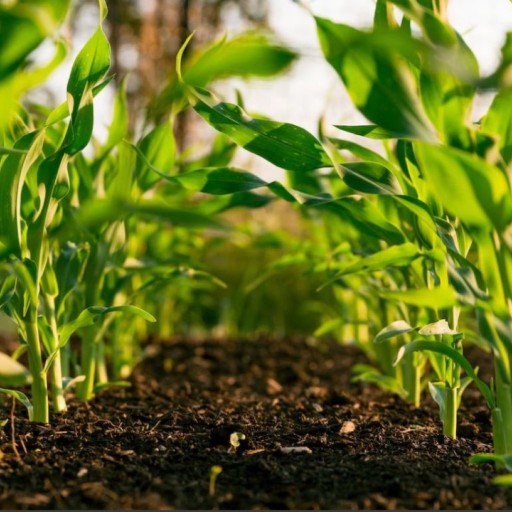Growing For The Planet: How Sustainable Gardening Practices Can Help To Mitigate Climate Change
The world is suffering from the devastating effects of global warming and climate change during the contemporary period. Greenhouse gases released from industrial emissions can be considered as the main culprit behind this.
These gases have formed a layer in the atmosphere of the earth which prevents heat from escaping into the atmosphere. This increases the temperature of our Earth, which is known as global warming.
Global warming has led to melting of glaciers and rise in sea levels. Many areas are become prone to either floods or prolonged periods of droughts. Sustainable gardening practices can help us to combat the menace of climate change.
In this article we are going to discuss about sustainable gardening and the ways by which it can help in combating the devastating effects of climate change. Let us begin.
What is sustainable gardening?
Sustainable gardening can be simply described as a form of gardening which aims to reduce the environmental impact while growing plants and conserving resources. It involves working with nature instead of working against it, for creating outdoor spaces which are aesthetic, beautiful as well as good for the planet.
How to fight climate change with sustainable gardening?
Sustainable gardening practices can be used to combat climate change in the following ways:
Reduce greenhouse gas emissions
As a gardener, you can reduce the emission of greenhouse gases by following sustainable gardening practices. Gas-powered lawn equipment will release toxic gases in the atmosphere. Diesel-powered garden equipment is also not an exception.
It will be better if you replace all these instruments with a rechargeable electric-powered equipment.
You can also use a rake or broom for cleaning the fallen leaves and other forms of waste from your garden instead of using a leaf blower. All these actions will help you to reduce emissions of greenhouse gases which are responsible for climate change.

Protect and improve the quality of soil
Sustainable gardening also helps in protecting as well as improving the quality of soil. You can store carbon in the soil by planting various types of plants in your garden. Tree roots will also held soil firmly, thus preventing the topsoil from being washed away by winds and floodwaters.
You can add some organic matter for improving the overall health of soil. It will be better if you grow cover crops in your garden. It will add valuable nutrients to the soil which will be beneficial for your fruits and vegetables.
Conserve water
Climate change has resulted in frequent rainfalls and floods in some areas. Most of the water is wasted as it flows out into ponds, rivers and storm drains. In order to prevent this excess water from running away, you can create a rain garden.
A rain garden is a garden of native shrubs and flowers planted in a small depression, which is usually formed on a natural slope. It has been designed with the purpose of temporarily holding and preventing rainwater runoff which flows in gardens and lawns. You can also install rain barrels in your garden for storing water for future use.
Plant native plants and remove invasive ones
Planting native plants is also a part of sustainable gardening. You should try to plant native plants in your garden. Native plants usually need less water and fertilizer compared to the invasive ones.
They will also provide food and shelter to the native wildlife of your area. Perennial native plants will help in storing carbon and reducing erosion of soil.
Please do not introduce any kind of invasive plants in your region. They can spread and out-compete the native plants. They will also require more resources in order to survive in a foreign land. These plants are not beneficial for the native wildlife also.

Always use organic fertilizers
You should always use organic fertilizers for your vegetable garden. This is not only beneficial for your health, but also for the environment. Greenhouse gases are released during the manufacture of synthetic fertilizers. These fertilizers are made by chemically processing raw materials.
When these fertilizers come in contact with soil, they produce nitrous oxide. This is a greenhouse gas which is more harmful than carbon dioxide. Organic fertilizers, on the other hand are made up of naturally occurring minerals and organic materials like composted manure.
No greenhouse gases are released in the atmosphere during the production of these fertilizers. These fertilizers will also add valuable nutrients and minerals to your soil, which will improve its quality. By using organic fertilizers, you can remain assured that no harmful chemicals are entering your body.
Recycle your organic wastes into compost
Organic wastes in landfills releases methane, which is a significant contributor of global warming. Methane is produced due to decomposition in the absence of Oxygen. Composting, on the contrary can in reducing methane production.
Although aerobic composting produces some carbon dioxide, the finished product is beneficial for the soil. It will help the soil in retaining carbon and increasing its fertility.

Try to maintain plant diversity in your garden
You can maintain plant diversity in your garden by planting different kinds of plant. It is a known fact that landscapes with more plant diversity are more resilient in facing new kinds of challenges, such as pest, diseases and extreme natural conditions.
If you have different types of plants in your garden, it will attract various types of pollinators and beneficial insects. These creatures can help in pest management and decomposition.
Reduce use of peat
You should try to avoid use of peat in your soil. If avoiding peat altogether seems difficult, you can then at least try to reduce the use of peat as much as possible. Peat is a non-renewable resource.
The process of harvesting peat is also very much harmful for the environment as it releases carbon in the atmosphere, so it is better to discard their use. You can use other types of soil mixes which contains coconut choir and composts.
Anthropogenic factors are the main causes of global warming and climate change at present. If proper steps are not taken now, it can lead to devastating consequences in future. Sustainable gardening practices can help in mitigating climate change to some extent.
OTHER NEWS
-
- About the Importance of Home Inspections When Buying a Home!
- By Wendy 24 Apr,2023

-
- Weighing the Pros and Cons: Using a Personal Loan to Tackle Credit Card Debt.
- By Wendy 09 Jun,2023

-
- About Secured Credit Cards!
- By Little Grapes 30 May,2023

-
- Adding Value to Your Real Estate Investment
- By Thalia Oosthuizen 15 May,2024

-
- How Should I Pick my Insurance?
- By Little Grapes 24 Apr,2023

-
- How can you Improve Your Credit Score in the USA?
- By Anna 24 Apr,2023

-
- How Bitcoin Engineered and Maintains Scarcity
- By Kevin Mathenge 23 Apr,2024

-
- Real Estate Policy Changes in the US and its Impact [2010-2024]
- By Muhammad Talha 20 May,2024
![Real Estate Policy Changes in the US and its Impact [2010-2024]](/uploads/article/20240520/926f7f2f7ec5256a49a036302dfacfbf.jpg)
-
- Comparing Cash-Out Refinancing Rates: Making Informed Financial Decisions
- By Little Grapes 14 Aug,2023

-
- Why Should all Young People Have a Credit Card of Their own?
- By Little Grapes 24 Apr,2023

-
- Should you Choose a Real Estate Agent When Buying a Home?
- By Wendy 24 Apr,2023

-
- Decoding Travel Credit Cards: A Comprehensive Guide to Choosing Your Ideal Companion!
- By Wendy 18 Dec,2023

 1
1 1
1